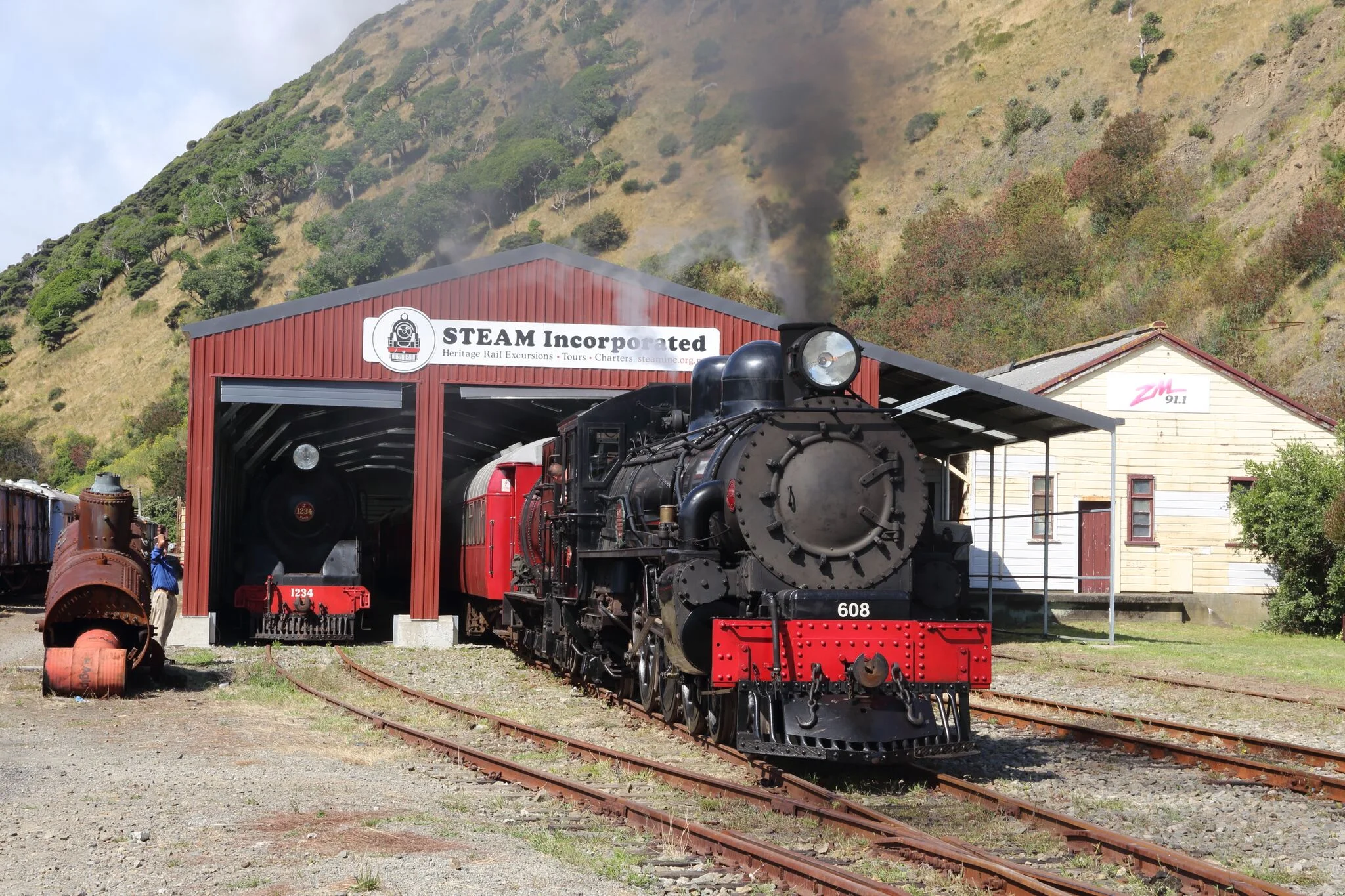A $16 million investment in water supply, safety and resilience is underway in the Kāpiti Coast District. That’s on top of the $9 million spent in 2015 on the first stage of work to upgrade the Waikanae Water Treatment Plant.
Martyn Cole, Water & Wastewater Asset Manager says the Council is committed to providing safe, clean, reliable and resilient drinking water supplies for the community.
“That’s why we’re continuing to invest in an ongoing programme of planned improvements to our water treatment plants in Waikanae, Ōtaki and Hautere to help meet this commitment.”
Mr Cole says the work is already underway and is expected to be completed in 2022.
“We are constantly working to make sure our community has a safe and reliable drinking water supply. We use a multi barrier approach. We continuously disinfect with chlorine and treat with high-intensity ultra violet (UV) light to kill any micro-organisms (bacteria, protozoa and viruses) that might be in the water.”
“We continue to monitor and review our drinking water supplies to identify any issues, where we need to invest and what the size of our investment should be.”
An upgrade of the Paekākāriki water treatment plant was completed in mid-2018. This involved replacing the microfilters to help ensure the Council could continue to provide the community with safe clean drinking water.
Work is already underway on major upgrades at the Hautere and two Ōtaki water treatment plants and to progress the second stage of the upgrade at the Waikanae Water Treatment Plant. Construction is planned to start at the end of next year.
“The work at Waikanae is about resilience – some of our equipment is nearing the end of its life so it needs replacing. We also need to ensure this plant is robust enough to withstand a major earthquake,” said Mr Cole. “This plant serves more than 41,000 people in our community so is an absolute priority.”
Water supply quality assurance is driving the upgrades at Hautere and the Council’s two Ōtaki treatment plants.
“The water from these treatment plants is safe to drink but occasionally experiences high turbidity (cloudy water) which means it does not meet all of the measures in the water safety standards all of the time and we have put additional measures in place to keep people safe,” said Mr Cole.
“We’re investing $6 million to upgrade both the Hautere and Ōtaki treatment plants to improve the resilience and reliability of these drinking water supplies.”
-KCDC

